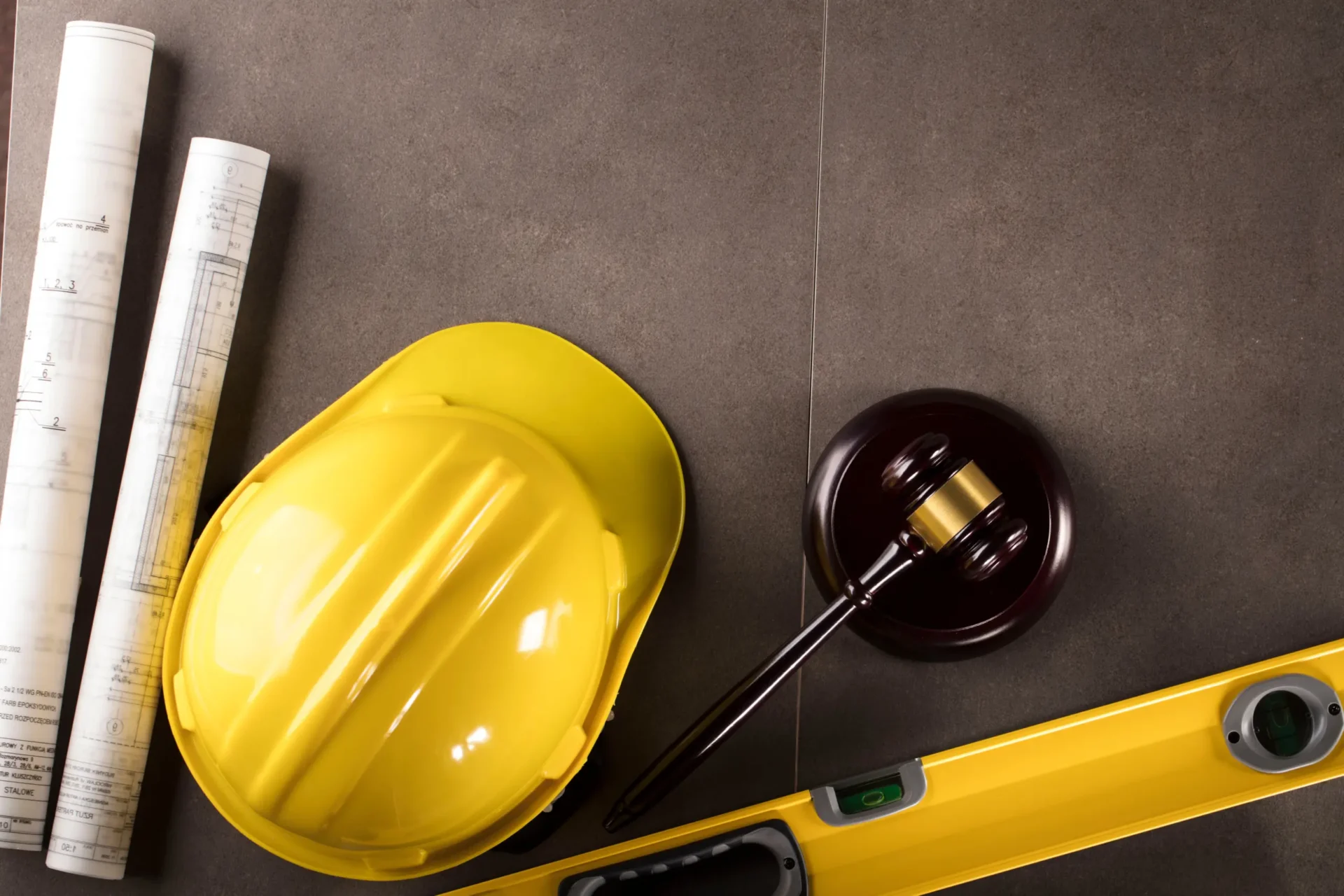
The recent ruling from the Technology and Construction Court in McLaughlin & Harvey Ltd v LJJ Limited sheds light on the interpretation and application of the ‘slip rule’ within adjudication proceedings. Georgina Mackereth, apprentice solicitor from our construction team looks at the ‘slip rule’ and what we can learn from the ruling.
An adjudicator has the ability to correct an accidental error or omission provided they do so within a reasonable time of making their decision. This is known as the ‘slip rule’ as it applies where an adjudicator’s mistake is an ‘inadvertent slip’ which does not reflect their first thought and intention.
Facts of the case
In essence, the case revolved around MHL Limited’s pursuit of enforcement for an adjudicator’s decision issued on October 31, 2023.
The decision mandated LJJ Limited to promptly pay £808,000 to MHL Ltd. However, LJJ Limited contested enforcement, primarily arguing that the decision had been superseded by a revised version issued on November 4, 2023.
LJJ Limited further contended that any potential errors within the revised decision were within the adjudicator’s jurisdiction and should not warrant court interference.
The slip rule and its scope
The adjudicator’s revised decision purportedly invoked the slip rule to rectify perceived discrepancies, specifically referencing the possibility of MHL Limited’s submissions being incorrect and the intention to avoid double recovery.
However, upon examination, the Technology and Construction Court found that the adjudicator’s actions exceeded the scope of the slip rule.
In particular, the court noted that the addition of conditional language altered the original straightforward directive for payment into a more convoluted declaration, introducing ambiguity rather than clarity.
Legal framework: understanding the slip rule
In its deliberation, the court referenced the narrow confines of the slip rule, echoing sentiments from the Scottish case of NKT Cables A/S v SP Power Systems Limited.
The slip rule, it clarified, is tailored to rectify clerical or typographical errors arising from accident or omission. It does not extend to substantial changes in reasoning or intent underlying the decision.
Court’s decision
Consequently, the court upheld the original decision of October 31, granting MHL Ltd summary judgment for enforcement of the £808,000 payment.
Key takeaways
This case highlights the limited scope of the slip rule, emphasizing its applicability solely to genuine clerical or typographical errors rather than substantive alterations to adjudication outcomes.
It serves as a reminder to practitioners and parties involved in construction disputes of the precise parameters within which adjudicators may exercise their authority to correct errors in their decisions.

